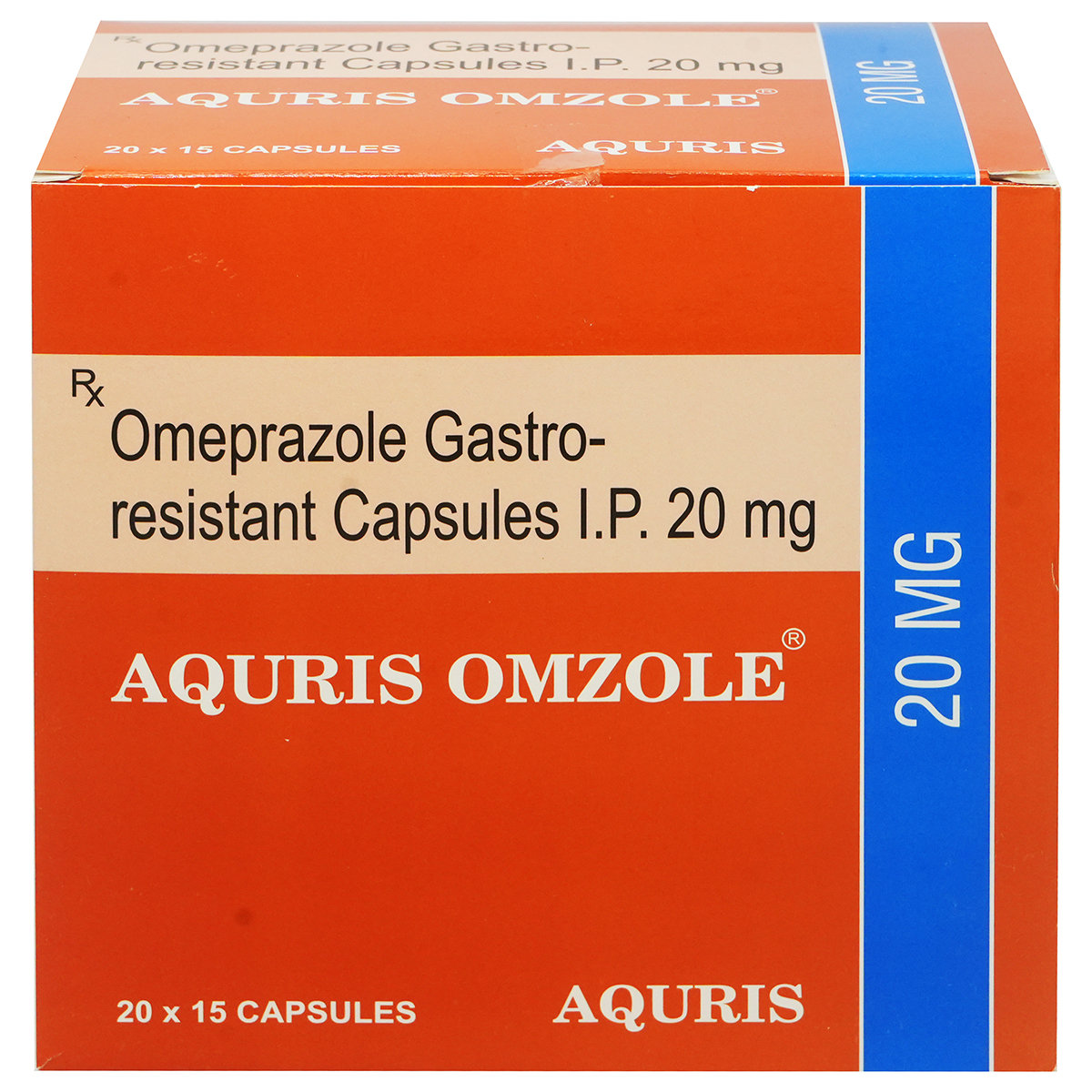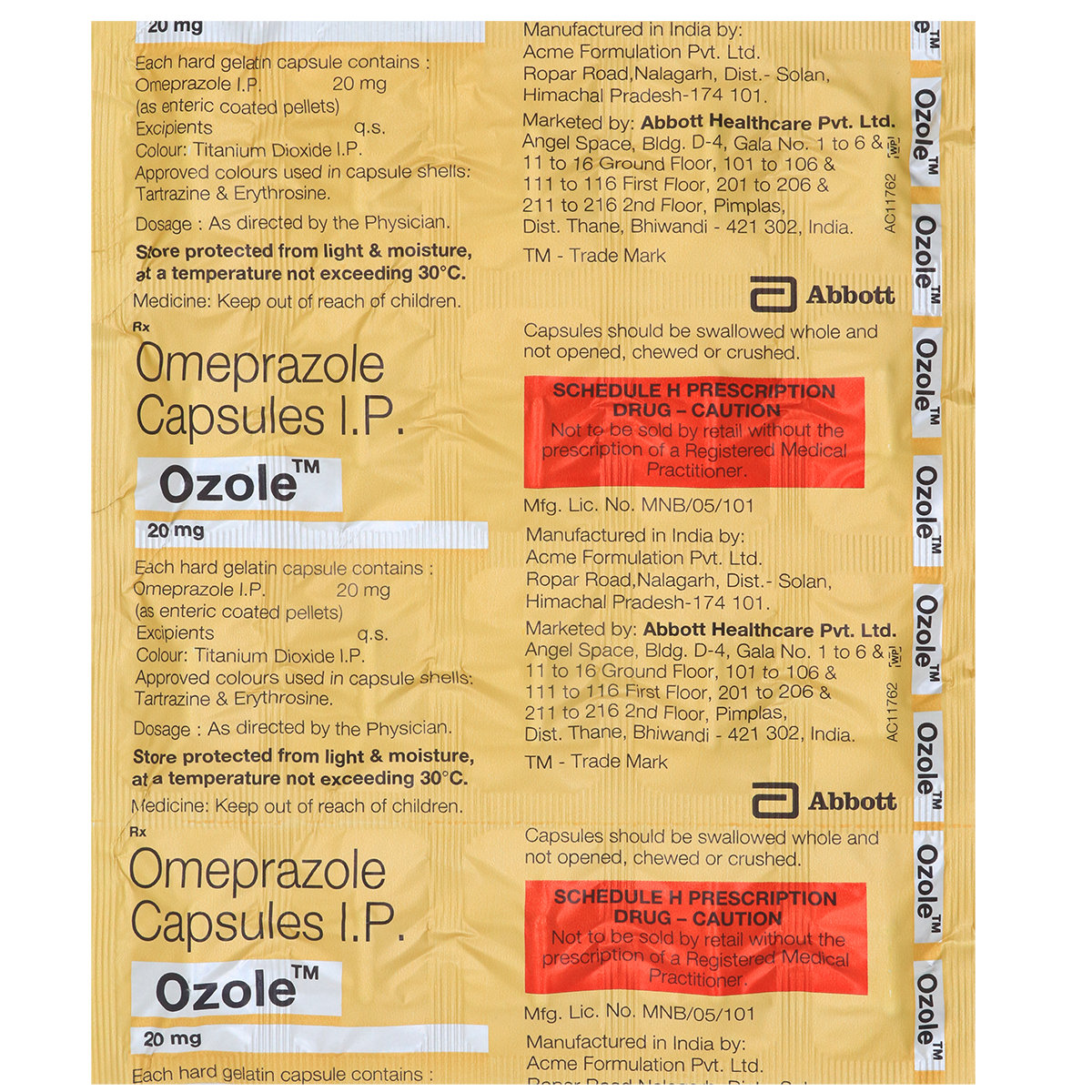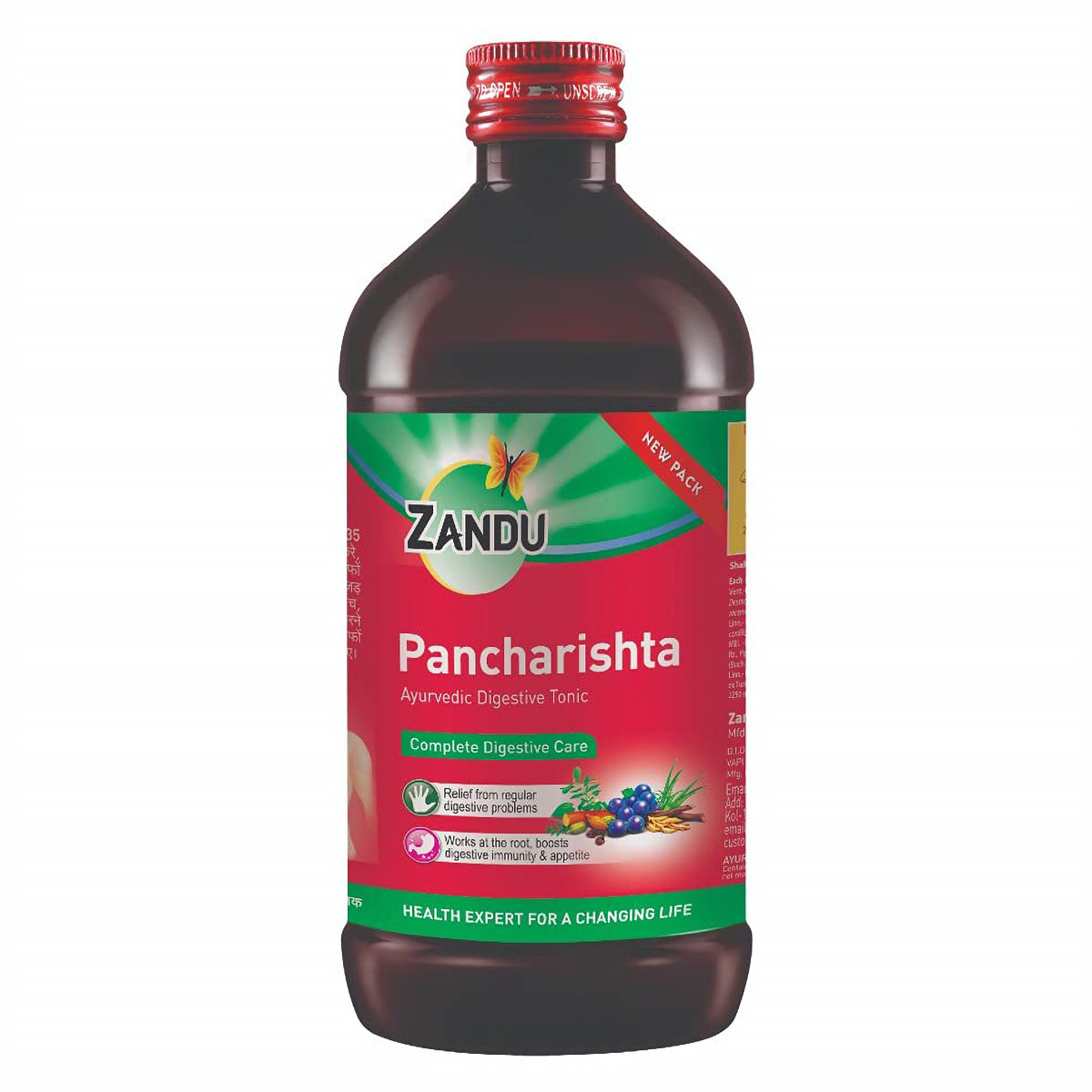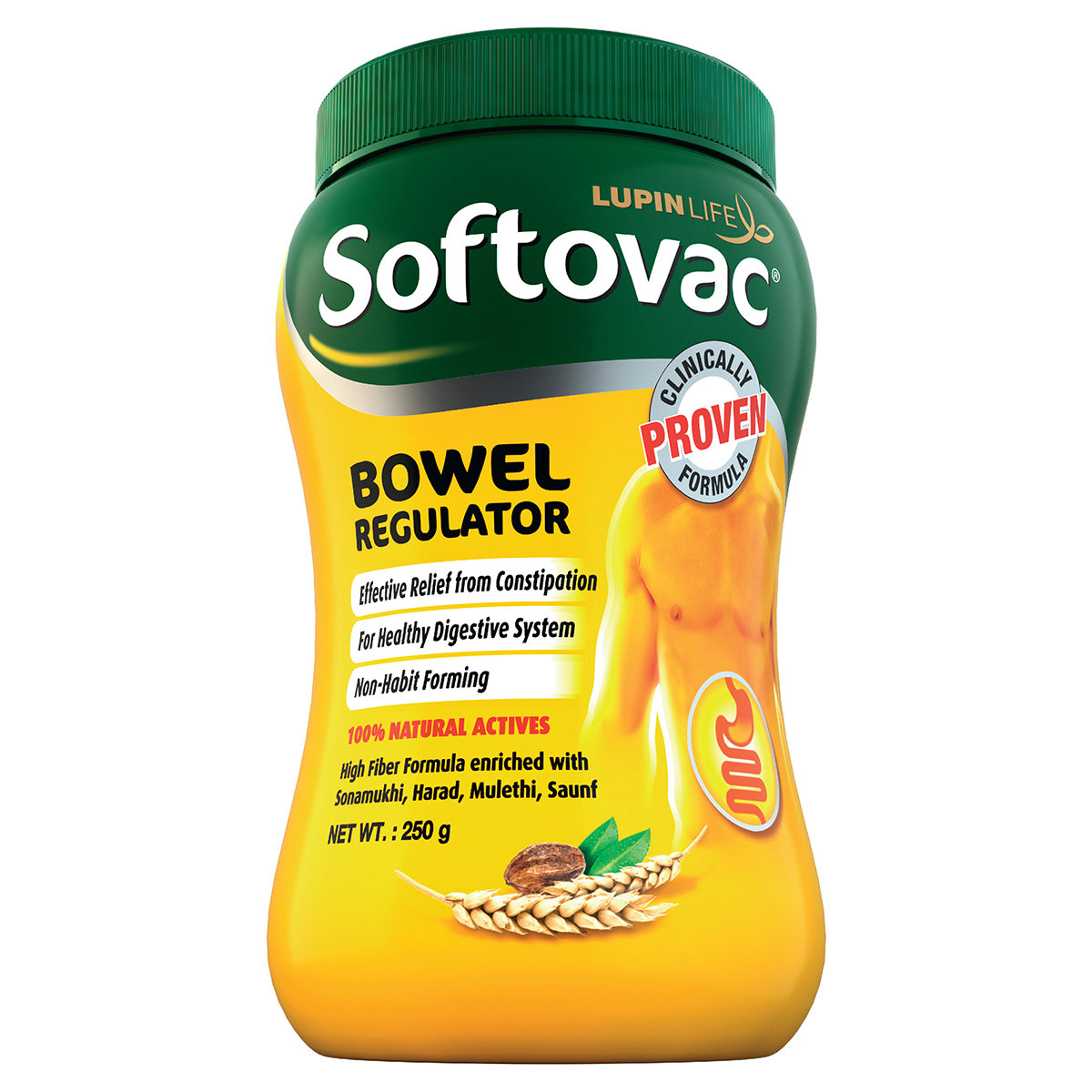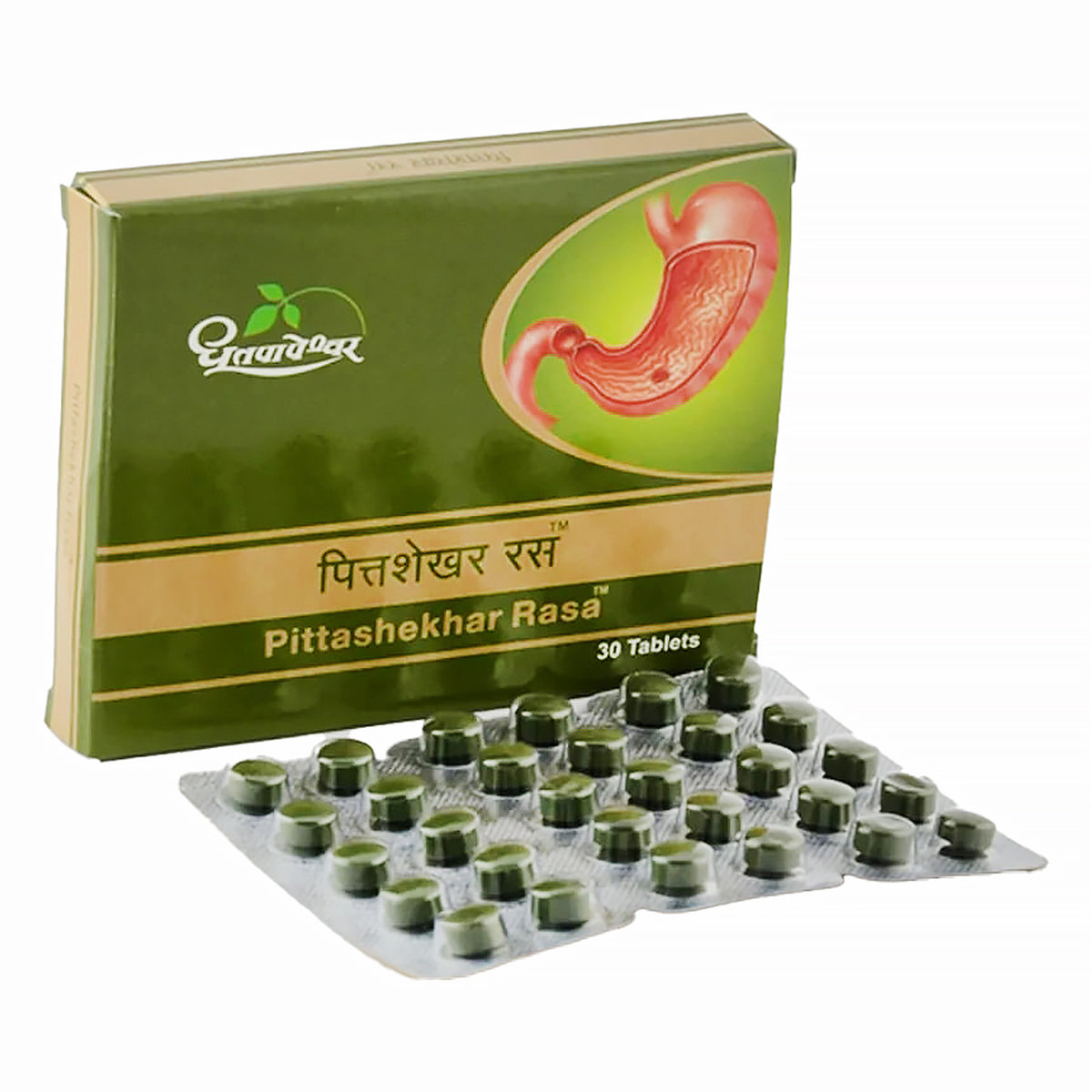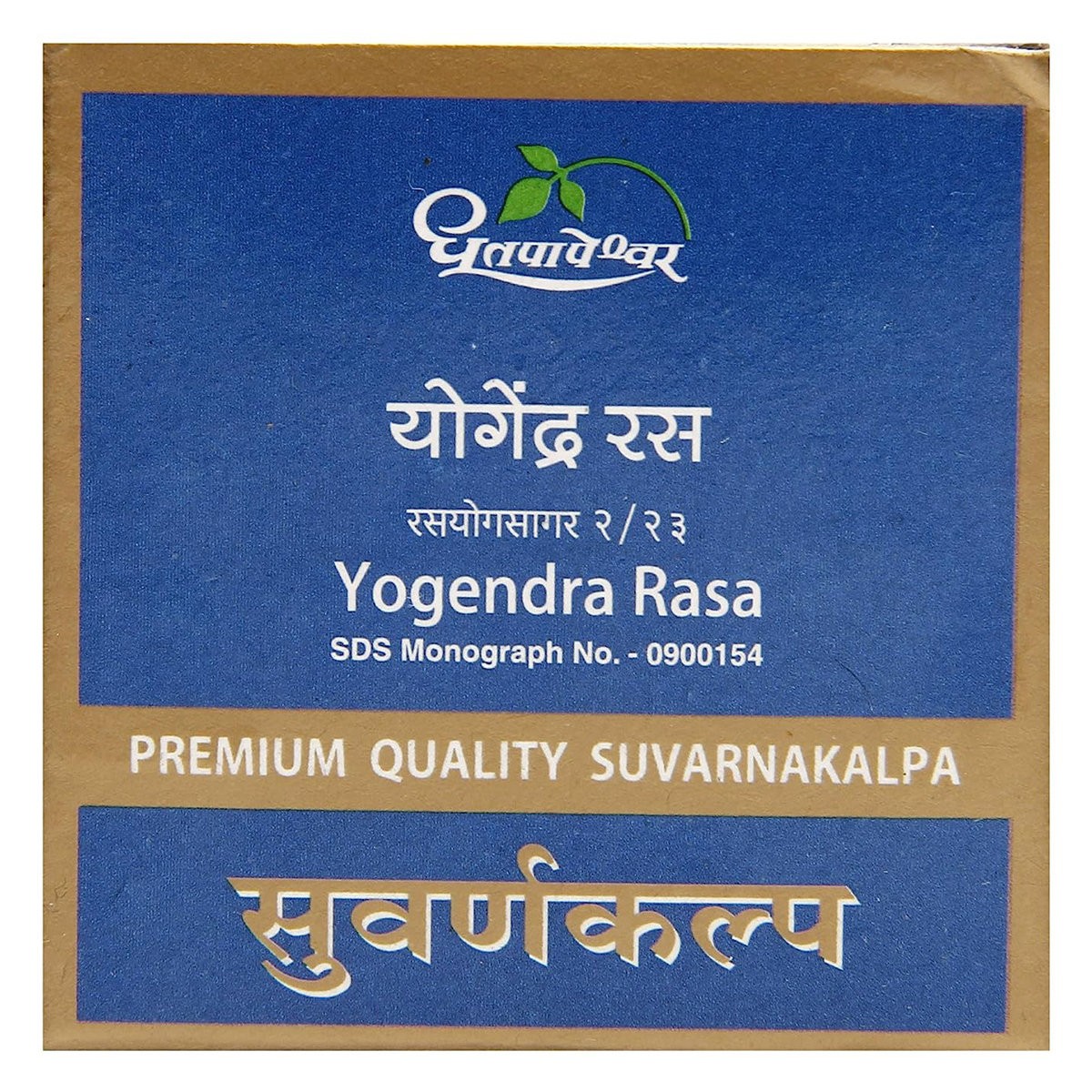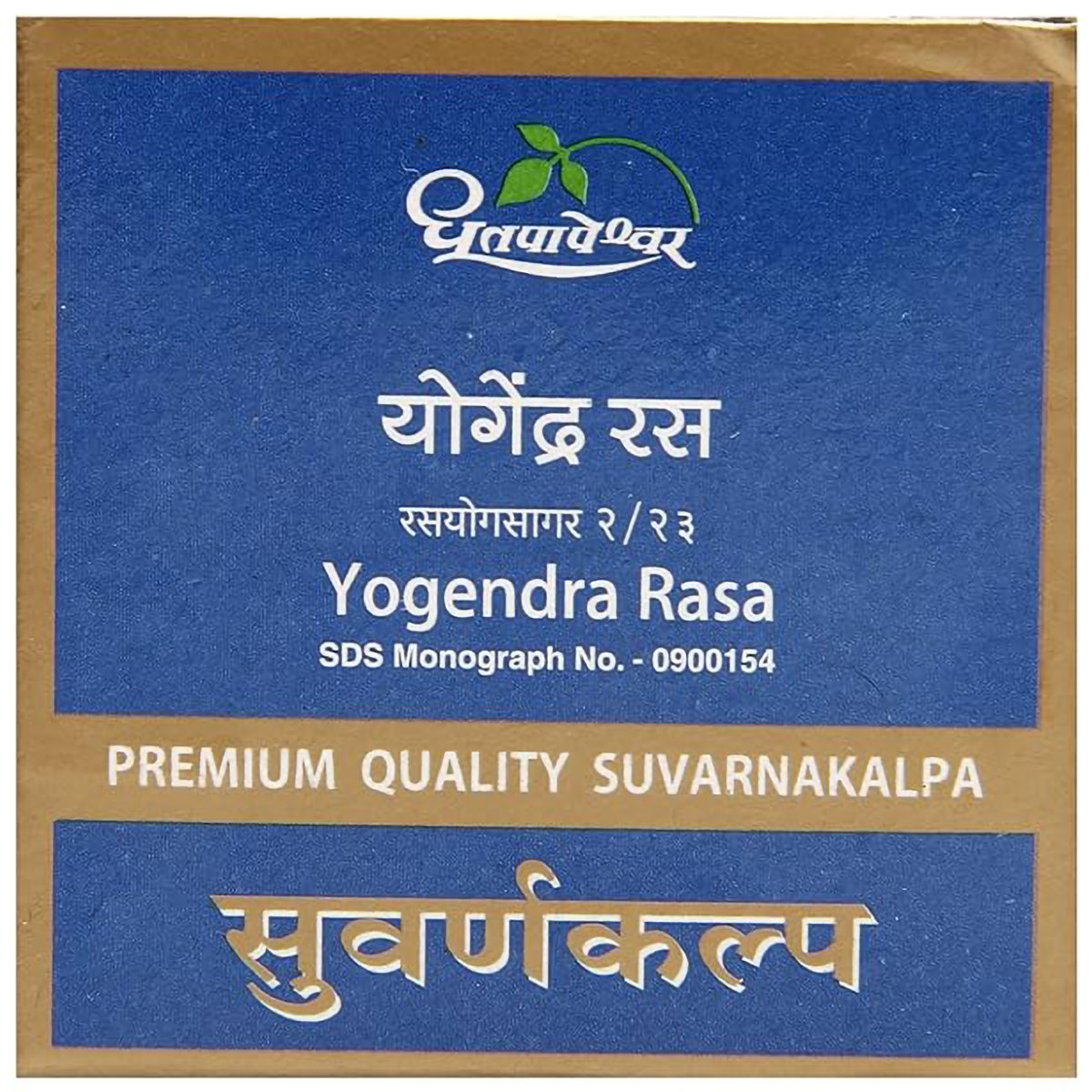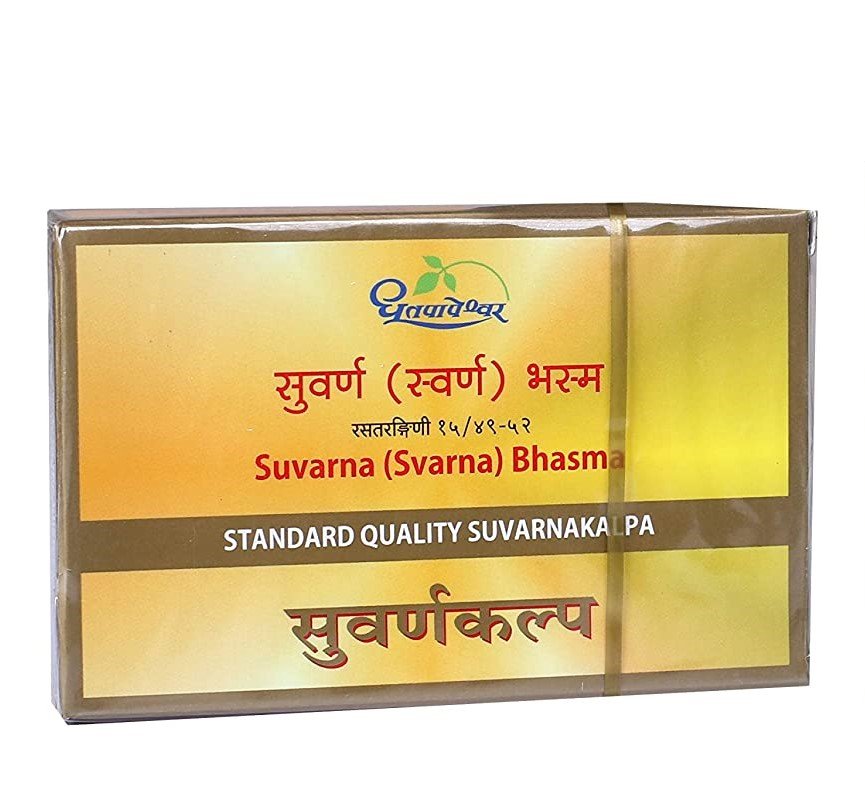Omido 20 mg Capsule 10's
MRP ₹30
(Inclusive of all Taxes)
₹4.5 Cashback (15%)
Know Your Delivery Time
Provide Delivery Location

Secure Payment

India's Most Trusted Pharmacy

Genuine Products
Composition :
Manufacturer/Marketer :
Consume Type :
Return Policy :
Expires on or after :
NPPA :
About Omido 20 mg Capsule
Omido 20 mg Capsule is used to treat gastroesophageal reflux disease (GERD), peptic ulcer (stomach or duodenal ulcer), and Zollinger-Ellison syndrome (overproduction of acid due to a pancreatic tumour). Normally, a thick layer of mucus protects the stomach against its own acid secretion. But, in the long run, it gets eroded by excessive stomach acid production, leading to complications like GERD, peptic ulcer, and Zollinger-Ellison syndrome.
Omido 20 mg Capsule contains omeprazole, which prevents the release of stomach acid and relieves symptoms such as food pipe lining inflammation (esophagitis), acid reflux, or heartburn.
Omido 20 mg Capsule may cause common side effects like stomach pain, gas formation (flatulence), nausea, vomiting, diarrhoea, and headache. These side effects are temporary and may resolve on their own. However, if the side effects persist or worsen, consult your doctor.
Before taking Omido 20 mg Capsule , inform your doctor if you are allergic to any of its components or to other proton pump inhibitors. Also, tell your doctor if you have stomach or intestinal cancer, severe liver problems, difficulty swallowing, bloody or black stools, unexplained weight loss, or if you will have an endoscopy in the future. Consult your doctor before taking Omido 20 mg Capsule if you are pregnant or breastfeeding.
Uses of Omido 20 mg Capsule
Omido 20 mg Capsule is used in the treatment of gastroesophageal reflux disease (GERD), peptic ulcers, and Zollinger-Ellison syndrome. The detailed uses of Omido 20 mg Capsule are as follows:
- Gastroesophageal Reflux Disease (GERD) Treatment: Omido 20 mg Capsule is commonly used to treat GERD. It is a proton pump inhibitor (PPI) that reduces stomach acid production, thus providing relief from acid reflux symptoms.
- Peptic Ulcer Treatment: Omido 20 mg Capsule is also used to treat ulcers in the stomach and intestine (duodenum). It is effective against ulcers associated with Helicobacter pylori infection and those caused by non-steroidal anti-inflammatory drugs (NSAIDs).
- Zollinger-Ellison Syndrome Treatment: Omido 20 mg Capsule is also prescribed for Zollinger-Ellison syndrome to help control acid production and manage symptoms.
- Hyperacidity Relief: Omido 20 mg Capsule helps to relieve hyperacidity by reducing the production of stomach acid.
- Dyspepsia relief: Omido 20 mg Capsule provides relief from dyspepsia symptoms like bloating, heartburn, and stomach pain by reducing stomach acid secretion.
- Preventive Therapy: Omido 20 mg Capsule is also used to prevent stomach ulcers, stress-related ulcers, and aspiration syndrome during anaesthesia (a condition where stomach contents accidentally enter the lungs).

Have a query?
Directions for Use
- Omido 20 mg Capsule can be taken with or without food. However, it is recommended to take it 30-60 minutes before a meal, preferably in the morning, for optimal effectiveness.
- It is typically administered once daily, but your doctor will determine the exact dose and timing based on your specific medical condition.
- Swallow it as a whole with a glass of water.
- Do not crush, chew, break, or open it.
Medicinal Benefits
- Omido 20 mg Capsule is effective in relieving symptoms of gastroesophageal reflux disease (heartburn), Zollinger-Ellison syndrome, and peptic ulcers (stomach or duodenal ulcers), as well as healing erosive esophagitis (inflammation of the food pipe).
- Omido 20 mg Capsule contains omeprazole, which works by irreversibly blocking the proton pump gate (which secretes stomach acid).
How Omido 20 mg Capsule Works
Storage
- Inform Your Doctor: Notify your doctor immediately about your diarrhoea symptoms. This allows them to adjust your medication or provide guidance on managing side effects.
- Stay Hydrated: Drink plenty of fluids to replace lost water and electrolytes. Choose water, clear broth, and electrolyte-rich drinks. Avoid carbonated or caffeinated beverages to effectively rehydrate your body.
- Follow a Bland Diet: Eat easy-to-digest foods to help firm up your stool and settle your stomach. Try incorporating bananas, rice, applesauce, toast, plain crackers, and boiled vegetables into your diet.
- Avoid Trigger Foods: Steer clear of foods that can worsen diarrhoea, such as spicy, fatty, or greasy foods, high-fibre foods, and dairy products (especially if you're lactose intolerant).
- Practice Good Hygiene: Maintain good hygiene to prevent the spread of infection. To stay healthy, wash your hands frequently, clean and disinfect surfaces regularly, and avoid exchanging personal belongings with others.
- Take Anti-Diarrheal Medications: If your doctor advises, anti-diarrheal medications such as loperamide might help manage diarrhoea symptoms. Always follow your doctor's directions.
- Keep track of your diarrhoea symptoms. If they don't get better or worse or are accompanied by severe stomach pain, blood, or dehydration signs (like extreme thirst or dark urine), seek medical help.
- Regularly brush and floss your teeth.
- Rinse your mouth with water and baking soda a solution to neutralize acid in the mouth. This makes your food taste as it should.
- Drink plenty of water or non-caffeinated drinks to prevent dry mouth which may lead to altered taste.
- Try ginger, peppermint, fruit or green teas, lemonade, ginger ale or fruit juice to help mask unpleasant tastes.
- Try sucking on sugar-free ice pops or ice cubes to prevent dry mouth.
- Hydrate your body: Drink enough water to prevent dehydration and headaches.
- Calm Your Mind: Deep breathing and meditation can help you relax and relieve stress.
- Rest and Recharge: Sleep for 7-8 hours to reduce headache triggers.
- Take rest: lie down in a quiet, dark environment.
- Cold or warm compresses can help reduce tension.
- Stay Upright: Maintain good posture to keep symptoms from getting worse.
- To treat headaches naturally, try acupuncture or massage therapy.
- Over-the-counter pain relievers include acetaminophen and ibuprofen.
- Prescription Assistance: Speak with your doctor about more substantial drug alternatives.
- Severe Headaches: Seek emergency medical assistance for sudden, severe headaches.
- Frequent Headaches: If you get reoccurring headaches, consult your doctor.
- Headaches with Symptoms: Seek medical attention if your headaches include fever, disorientation, or weakness.
- Drink water or other clear fluids.
- To prevent worsening of pain, limit intake of tea, coffee, or alcohol.
- Include bland foods like rice, toast, crackers, and rice in your diet.
- Avoid lying down immediately after eating as it may cause indigestion or heartburn.
- Avoid acidic and spicy food as it may cause indigestion.
- Inform your doctor about the nausea and discuss possible alternatives to the medication or adjustments to the dosage.
- Divide your daily food intake into smaller, more frequent meals to reduce nausea.
- Opt for bland, easily digestible foods like crackers, toast, plain rice, bananas, and applesauce.
- Avoid certain foods that can trigger nausea, such as fatty, greasy, spicy, and smelly foods.
- Drink plenty of fluids, such as water, clear broth, or electrolyte-rich beverages like coconut water or sports drinks.
- Use ginger (tea, ale, or candies) to help relieve nausea.
- Get adequate rest and also avoid strenuous activities that can worsen nausea.
- Talk to your doctor about taking anti-nausea medication if your nausea is severe.
- Record when your nausea occurs, what triggers it, and what provides relief to help you identify patterns and manage your symptoms more effectively.
- Preventing Vomiting (Before it Happens)
- Take medication exactly as prescribed by your doctor. This can help minimize side effects, including vomiting.
- Having a small meal before taking your medication can help reduce nausea and vomiting.
- Talk to your doctor about taking anti-nausea medication along with your prescribed medication.
- Managing Vomiting (If it Happens)
- Try taking ginger in the form of tea, ale, or candy to help alleviate nausea and vomiting.
- What to Do if Vomiting Persists
- Consult your doctor if vomiting continues or worsens, consult the doctor for guidance on adjusting your medication or additional treatment.
What if I have taken an overdose of Omido 20 mg Capsule
Drug Warnings
- Do not take Omido 20 mg Capsule if you are allergic to any of its components, other proton pump inhibitors, or if you are taking medications for HIV such as nelfinavir.
- Inform your doctor if you have stomach or intestinal cancer, severe liver problems, difficulty swallowing, bloody or black stools, unexplained weight loss, hypomagnesemia (low blood magnesium levels), stomach problems (such as pain or indigestion), or will have an endoscopy in the future.
- Omido 20 mg Capsule should not be given to patients suffering from Clostridium difficile-associated diarrhea.
- Avoid prolonged use of Omido 20 mg Capsule , as it may increase the risk of osteoporosis-related fractures of the hip, wrist, or spine due to loss of magnesium.
- Consult your doctor before taking Omido 20 mg Capsule if you are pregnant or breastfeeding.
- Omido 20 mg Capsule should not be given to children under 1 year of age.
Drug-Drug Interactions
Drug-Drug Interactions
Login/Sign Up
Omido 20 mg Capsule can make Erlotinib less effective by reducing its absorption in the body. This can lead to low treatment outcomes.
How to manage the interaction:
Taking Omido 20 mg Capsule and Erlotinib together is not recommended as it can result in an interaction; it should be taken only if a doctor has advised it. Do not stop using any medications without talking to a doctor.
Using rilpivirine together with Omido 20 mg Capsule can decrease the absorption and blood levels of rilpivirine.
How to manage the interaction:
Taking Omido 20 mg Capsule with Rilpivirine can cause an interaction, consult a doctor before taking it. Do not stop using any medications without talking to a doctor.
When taken together, Omido 20 mg Capsule, through decreasing stomach acid, can reduce atazanavir absorption and blood levels, making the medication less effective.
How to manage the interaction:
Although taking Omido 20 mg Capsule with atazanavir can lead to interaction, they can be taken if recommended by a doctor. Do not stop using any medications without talking to a doctor.
Omido 20 mg Capsule may interfere with pazopanib absorption and reduces its effectiveness.
How to manage the interaction:
Although taking Omido 20 mg Capsule with pazopanib can lead to interaction, they can be taken if recommended by a doctor. Do not stop using any medications without talking to a doctor.
Using Omido 20 mg Capsule in conjunction with nelfinavir can reduce the effectiveness of nelfinavir.
How to manage the interaction:
Although taking Omido 20 mg Capsule with nelfinavir can lead to interaction, they can be taken if recommended by a doctor. Do not stop using any medications without talking to a doctor.
Coadministration of Omido 20 mg Capsule with methotrexate may increase the levels and side effects of Omido 20 mg Capsule.
How to manage the interaction:
Although there is a possible interaction between Omido 20 mg Capsule and methotrexate, you can take these medicines together if prescribed by a doctor. Do not stop using any medications without consulting to a doctor.
When Omido 20 mg Capsule is taken with Isoniazid, it can increase the risk of side effects.
How to manage the interaction:
Co-administration of Omido 20 mg Capsule with Isoniazid can result in an interaction, but it can be taken if a doctor has advised it. However, if you experience any unusual symptoms, consult the doctor. Do not stop using any medications without talking to a doctor.
Taking tacrolimus with Omido 20 mg Capsule may significantly increase the blood levels of tacrolimus, which may increase the risk of serious side effects (high sugars, infections, kidney problems, hyperkalemia - high blood levels of potassium).
How to manage the interaction:
Although taking Omido 20 mg Capsule with tacrolimus can lead to interaction, they can be taken if recommended by a doctor. However, consult the doctor if you experience irregular heart rhythm, palpitations (fast heartbeat), muscle spasm, tremor (shaking of hands & legs), and seizures(fits). Do not stop using any medications without talking to a doctor.
Taking Omido 20 mg Capsule and carbamazepine may possibly reduce the effects of Omido 20 mg Capsule, which could reduce its capacity to treat the condition.
How to manage the interaction:
Although taking Omido 20 mg Capsule and carbamazepine together can result in an interaction, it can be taken if a doctor has prescribed it. Do not discontinue any medications without consulting a doctor.
When Omido 20 mg Capsule is used with citalopram the blood levels of citalopram may increase, increasing the risk of certain adverse effects, such as an abnormal heart rhythm, which can be serious.
How to manage the interaction:
Although taking Omido 20 mg Capsule and citalopram together can result in an interaction, it can be taken if a doctor has prescribed it. However, if you experience abrupt dizziness, lightheadedness, fainting, shortness of breath, or rapid/pounding heartbeats while taking these medications, consult the doctor. Do not stop using any medications without talking to a doctor.
Drug-Food Interactions
Drug-Food Interactions
Login/Sign Up
Diet & Lifestyle Advise
- Avoid intake of acid or heartburn-triggering foods or drinks like onions, peppermint, chocolate, caffeinated beverages, citrus fruits or juices, tomatoes, and high-fat and spicy foods.
- Before going to sleep, try to raise your bedhead so that your head and chest are higher than your feet. Do not use piles of pillows; instead, one raised block is fine. This will not allow the stomach acid to backflow through your food pipe.
- Avoid taking alcohol and smoking cigarettes. Alcohol can raise the level of production of stomach acid, leading to heartburn and acid reflux. On the other hand, nicotine smoking damages the valve (sphincter) which prevents backflow of the stomach acid back into the food pipe.
- Include high-fibre containing foods, berries, cherries, leafy green veggies (kale, spinach), and black pepper in your meal. These foods are rich in antioxidants, calcium, and vitamin B12, which can help mitigate the long-term effects of the medicine. Fermented dairy products like miso, sauerkraut, and kimchi contain probiotics, which help in the prevention of excess stomach acid production. Cranberry juice can be beneficial in peptic ulcer and H. pylori infection.
- Avoid sitting continuously, as it can increase stomach acid production. Try to take a break of 5 minutes in 1 hour by brisk walking or stretching.
Habit Forming
Therapeutic Class
All Substitutes & Brand Comparisons
RX
Out of StockAfdazole 20mg Capsule
Anglo French Drugs & Industries Ltd
₹12.46
(₹0.75 per unit)
72% CHEAPERRX
Aquris Omzole Capsule 15's
Auspharma Pvt Ltd
₹33.5
(₹1.67 per unit)
38% CHEAPERRX
Ozole 20 mg Capsule 20's
Abbott India Ltd
₹60
(₹1.8 per unit)
33% CHEAPER
Alcohol
Caution
Drinking alcohol with Omido 20 mg Capsule may cause dehydration and elevate the level of stomach acid, thereby decreasing its efficiency. So, try to avoid or limit alcohol and contact the doctor before intake of Omido 20 mg Capsule .
Pregnancy
Consult your doctor
It is unknown whether Omido 20 mg Capsule affects the baby or not. Please consult your doctor before taking Omido 20 mg Capsule if you are pregnant or planning to become pregnant.
Breast Feeding
Consult your doctor
It is unknown whether Omido 20 mg Capsule passes into the breast milk. Please consult your doctor before taking Omido 20 mg Capsule if you are breastfeeding.
Driving
Caution
Omido 20 mg Capsule may cause dizziness, sleepiness, or blurred vision. If you experience these symptoms, refrain from driving or operating heavy machinery until you have fully recovered.
Liver
Caution
Omido 20 mg Capsule should be taken with caution, especially if you have a history of liver diseases/conditions.
Kidney
Caution
Omido 20 mg Capsule should be taken with caution, especially if you have a history of kidney diseases/conditions.
Children
Caution
Omido 20 mg Capsule should not be given to children under 1 year of age. Omido 20 mg Capsule is generally safe to use in children over 1 year when prescribed by a doctor.
Heart
Omido 20 mg Capsule can generally be used even if you have heart problems, but only under your doctor’s guidance. Consult your doctor if you have any concerns regarding it.
Geriatrics
Safe if prescribed
Omido 20 mg Capsule can be safely used in elderly patients with proper monitoring and individualised care. Long-term use should be reassessed regularly by a healthcare provider.
FAQs
Omido 20 mg Capsule is used to treat gastroesophageal reflux disease (GERD), peptic ulcer (stomach or duodenal ulcer), and Zollinger-Ellison syndrome (overproduction of acid due to a pancreatic tumor).
Omido 20 mg Capsule contains omeprazole (a proton pump inhibitor), which helps reduce stomach acid by blocking the action of an enzyme called H+/K+ ATPase (the gastric proton pump). This proton pump lies in the stomach wall cells and is responsible for releasing gastric acid. Omido 20 mg Capsule prevents the release of stomach acid and relieves symptoms such as food pipe lining inflammation (esophagitis), acid reflux, or heartburn.
Prolonged intake of Omido 20 mg Capsule may lead to atrophic gastritis (inflammation of stomach cells), vitamin B12 deficiency, and weakening of bones or osteoporosis (loss of calcium, magnesium, and vitamin D). Your doctor may prescribe calcium, vitamin D, or haemoglobin-enhancing medications to cope with long-term side effects.
No. Omido 20 mg Capsule is not prescribed for stomach cancer. Omido 20 mg Capsule is only indicated for the treatment of hyperacidity, acid reflux symptoms (GERD), heartburn and Zollinger-Ellison syndrome.
No. Gas and acidity are two different common discomforts. Acidity is caused when the improper functioning of the valve (sphincter) is located at the junction of the stomach and the food pipe. As a result, stomach acid backflows and enters the upper part of the food pipe, causing heartburn. On the other hand, gas is the result of the digestion of food and drinks, eliminating gases like carbon dioxide, hydrogen, nitrogen, methane, etc., from the body.
Yes. Omido 20 mg Capsule can alter certain medical tests like neuroendocrine tumors (secretin stimulation test) and urine screening tests for tetrahydrocannabinol (THC). So before undergoing such diagnostic tests, contact your doctor.
No. Omido 20 mg Capsule prevents the excessive production of stomach acid, which can cause acid reflux and heartburn. If you notice blood in your stool or mucous, immediately contact the doctor.
Omido 20 mg Capsule can be taken with or without food. However, it is recommended to take it 30-60 minutes before a meal, preferably in the morning, for optimal effectiveness.
Yes, you can take Omido 20 mg Capsule with domperidone; however, it should be taken only as recommended by the doctor.
Before taking any medication, including Omido 20 mg Capsule , it's important to consult with a doctor. They can assess your individual needs and provide customised advice. Follow the instructions provided by your healthcare professional and be aware of potential adverse effects. If you have any concerns, don't hesitate to ask for clarification.
Diarrhea is a possible side effect of omeprazole. It's often mild and short-lived, but if it's severe or accompanied by other symptoms, please see your doctor.
The duration of omeprazole treatment is individualized and depends on your specific condition and response to the medication.
Omeprazole can increase the risk of calcium deficiency and osteoporosis if taken for a long time. This is because it can interfere with calcium absorption. If you're taking omeprazole for a long time, talk to your doctor about the risks and benefits.
Yes, long-term use of Omido 20 mg Capsule may increase the risk of vitamin deficiencies, particularly vitamin B12. If you have any concerns or face any adverse effects related to vitamin deficiencies, please consult your doctor.
The decision to prescribe omeprazole to cardiac patients should be made on an individual basis, taking into account their medical history and associated risk factors.
Swallow Omido 20 mg Capsule as a whole with a glass of water; do not crush, chew, break, or open it.
Omido 20 mg Capsule may cause common side effects, such as stomach pain, gas formation (flatulence), nausea, vomiting, diarrhea, and headache. These side effects are temporary and may resolve themselves over time. However, if the side effects persist or worsen, contact the doctor.
Before taking Omido 20 mg Capsule , please inform your doctor about all your medical conditions, sensitivities, and all medications you are currently using. And tell your doctor if you are pregnant, planning to become pregnant, or breastfeeding.
Yes, Omido 20 mg Capsule can interact with other medications. It's important to inform your doctor about all the medications you're taking, including prescription medications, over-the-counter drugs and herbal supplements.
Country of origin
Manufacturer/Marketer address
Disclaimer
Author Details
We provide you with authentic, trustworthy and relevant information
Reference
- https://www.drugs.com/omeprazole.html
- https://medlineplus.gov/druginfo/meds/a693050.html
- https://assets.hpra.ie/products/Human/19006/Leaflet-2191137-11072017125746-636353746684687500.pdf
- https://rwandafda.gov.rw/wp-content/uploads/2023/03/OMLINK-20-Capsules-Omeprazole-USP-20mg-Omeprazole-Pellets-7.15-PIL.pdf
- https://www.nps.org.au/assets/medicines/928c8260-b5d1-4989-838e-a53300ff645e.pdf
- https://www.drreddys.com/media/109870/omeprazole-20mg-pil.pdf
- https://www.nhs.uk/medicines/omeprazole/
- https://www.medicines.org.uk/emc/product/663/pil




